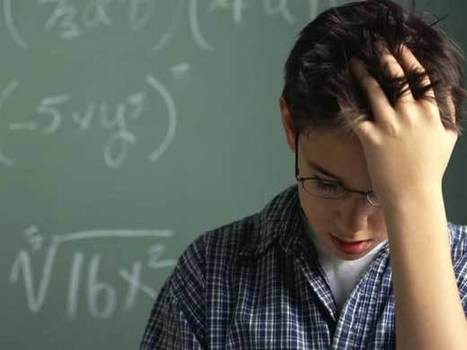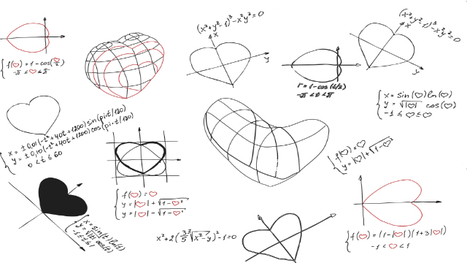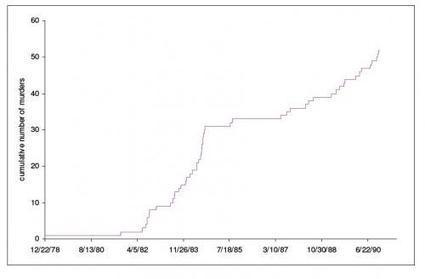Prosocial behavior—generosity, altruism, and other behaviors that promote the social welfare of society—are not unpredictable. Just like many other human behaviors, when examined in the aggregate, they exhibit all sorts of regularities. People cooperate in certain predictable ways, and there are certain scaling laws between prosocial behaviors and the sizes of cities. Well, charity also obeys certain quantitative rules.
Research and publish the best content.
Get Started for FREE
Sign up with Facebook Sign up with X
I don't have a Facebook or a X account
Already have an account: Login

 Your new post is loading... Your new post is loading...
 Your new post is loading... Your new post is loading...
|
|


















